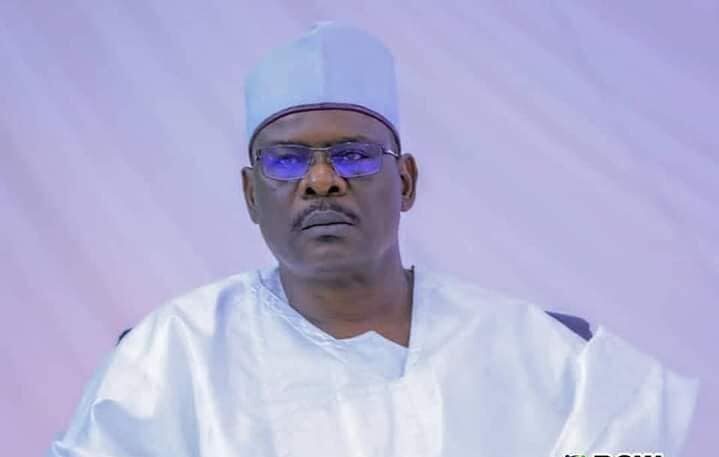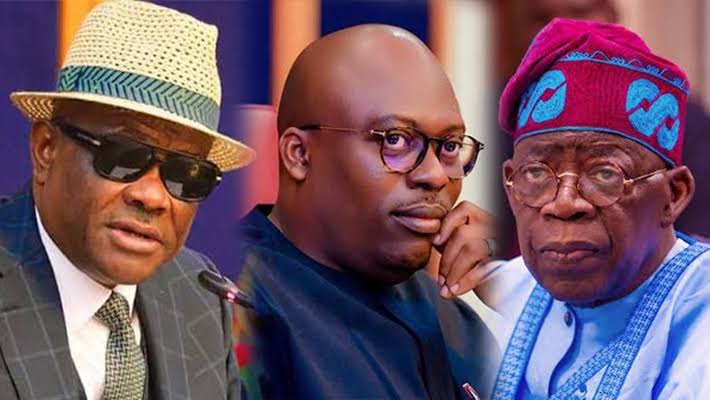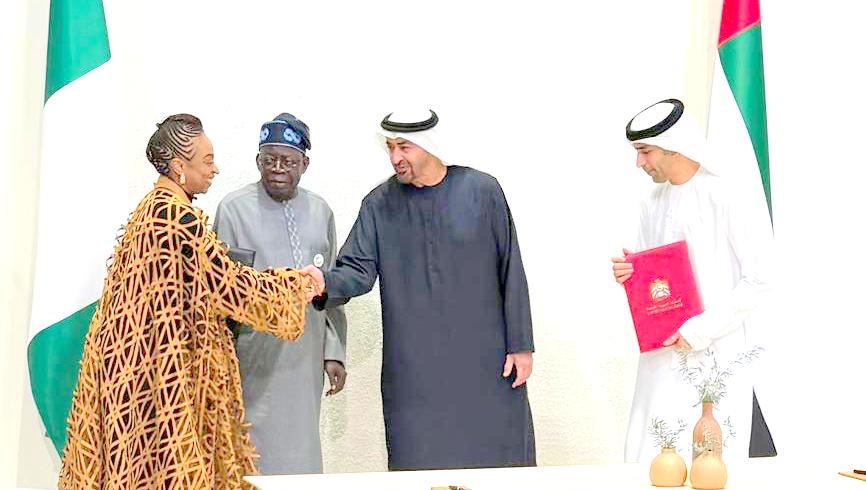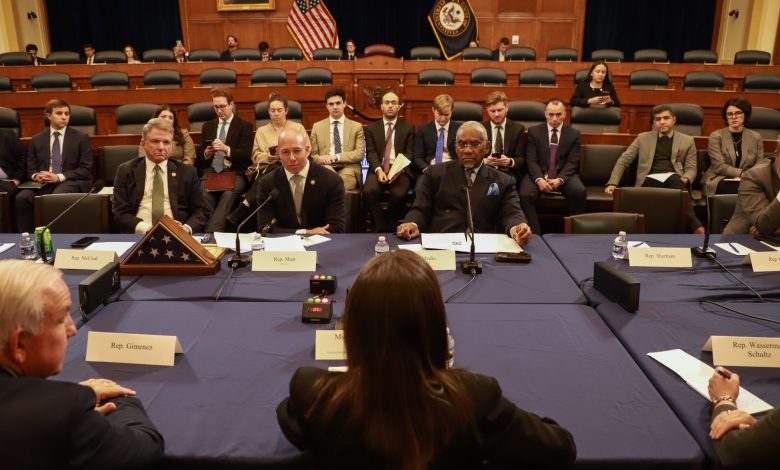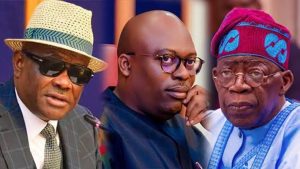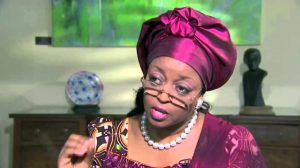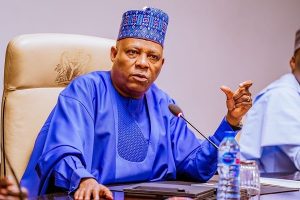Senator Ali Ndume Criticizes Nigeria’s Electoral System, Says Process Deliberately Complicated to Enable Manipulation
Senator Ali Ndume, representing Southern Borno, has voiced strong concerns over Nigeria’s electoral system, calling it deliberately complicated to facilitate manipulation. The Senator expressed his views during an interactive session with journalists in Kano on Sunday, following his participation in a Senate retreat on constitutional review.
Ndume, a former Senate Majority Leader, questioned the necessity of establishing new bodies for election conduct every four years, particularly when the Independent National Electoral Commission (INEC) is underutilized and could take on more responsibilities. He told PulseNets that Nigeria’s electoral process, as it stands, appears designed to encourage manipulation.
“I support local government autonomy and the idea of INEC conducting local government polls. One issue being discussed in the National Assembly is the creation of a National Local Government Electoral Commission, and I am not in support of it,” Ndume remarked.
Ndume further expressed frustration with the complexity of Nigeria’s electoral system, saying, “The elections in Nigeria are deliberately complicated to allow for manipulation. Why don’t we make laws that ensure the votes count? Why not enable citizens to elect someone from their phones? Why not allow INEC to monitor elections through technology and create a situation room? Google can tell you your location in real-time, so why can’t we leverage technology for our elections?” he asked.
Also Read: Ali Ndume explains why National Assembly passed Tinubu’s budget within 48-hours
The Senator also spoke to PulseNets about the core issue plaguing the country’s electoral system, stressing that the lack of sincerity, honesty, and fear of God among political leaders is the underlying problem.
Ndume’s remarks have reignited discussions around electoral reforms, with many questioning why modern technology is not being fully leveraged to ensure transparent and credible elections.
